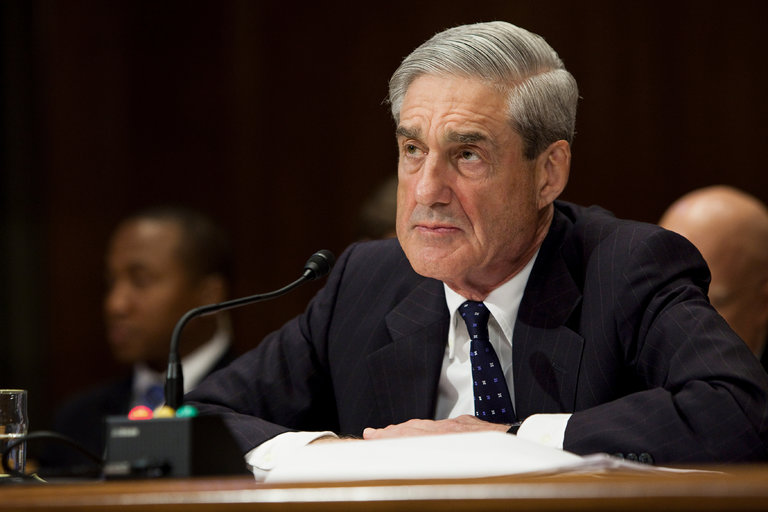Dianne Feinstein’s written questions for Robert Mueller tell us a lot about the Trump-Russia investigation

Democratic Senator Dianne Feinstein, the ranking member on the Senate Judiciary Committee, has published a list of sixty questions she wants to ask Special Counsel Robert Mueller about his Trump-Russia investigation. These questions give away a lot about how the Democrats are approaching the Mueller probe, and their own investigation into the Trump-Russia scandal.
We don’t know if Feinstein will ever get to ask Mueller these questions. The committee is controlled by Trump puppet Lindsey Graham, so Mueller may not even bother. But we know that Mueller will be testifying before the House Judiciary Committee, possibly as soon as next week, and the Democrats who control that committee will ostensibly focus in on questions similar to the ones that Feinstein has posted. So what are were looking at here?
Feinstein’s most important questions largely focus not on what’s in the redacted Mueller report, but instead on what’s not in there. Numerous widely reported aspects of the Trump-Russia election conspiracy are either insufficiently documented in the redacted Mueller report or not mentioned at all. It’s not clear how many of these topics are covered in the still-redacted portion of the report, and how many of these topics Mueller either decided not to investigate, or wasn’t allowed to investigate.
For instance, Feinstein wants to ask Mueller who else in the Trump campaign, beyond Paul Manafort and Rick Gates, knew that the campaign’s internal polling was being given to alleged Russian spy Konstantin Kilimnik. Gates cut a fully cooperative plea deal, so Mueller should have this information. She also wants answers on Kushner’s proposed backchannel with the Kremlin. She wants to know why Trump campaign firm Cambridge Analytica, widely suspected of coordinating its efforts with Russian hackers, doesn’t even appear in the redacted Mueller report.
Though Senator Feinstein’s questions for Robert Mueller are largely about why his investigation and report don’t appear to have covered various aspects of the Trump-Russia scandal, they don’t come across as accusatory. Instead, the questions appear designed to give Mueller the opportunity to explain what Donald Trump’s DOJ may have blocked him from accessing and investigating. Again, even if Feinstein doesn’t get the chance to ask Mueller these questions, her Democratic House counterparts will. You can read her full list of questions here.
